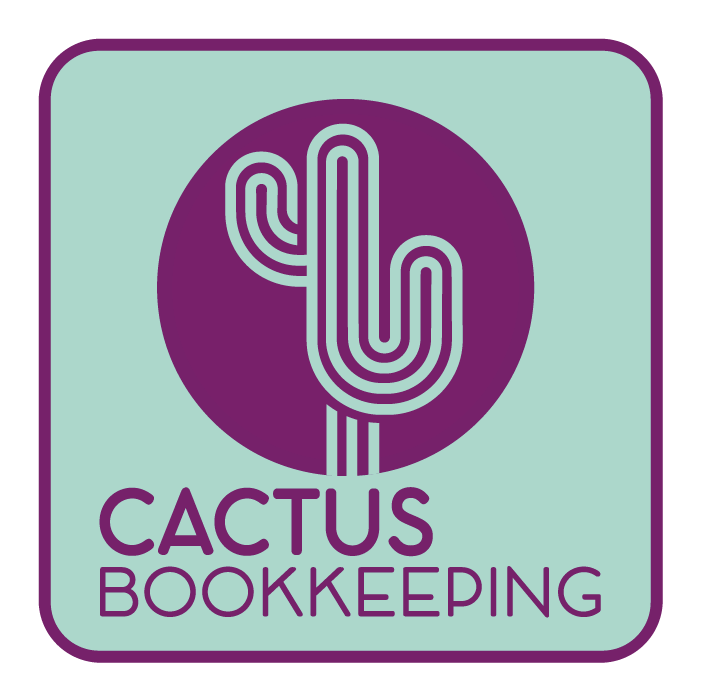Guide to record keeping for new businesses

Guide to Record Keeping for New Businesses
Whether you have been planning this for a while or your hobby has become your business (remember, any income more than £1,000 per tax year must be declared and may be taxable), you’ve taken the leap, and your passion has become your sole focus in setting up your business.
But if there’s one thing you can’t afford to ignore, its good record keeping. It might sound boring, but trust me, it’s super important.
Why Record Keeping Matters
- Financial Management
- Legal Compliance
- Tax Preparation
- Performance Monitoring
Key Records to Maintain
Money Matters: Keep all your invoices, receipts, bank statements, payroll records, and tax documents.
Customer and Supplier Details: Maintain a database of your customers and suppliers, including their contact info and transaction history. This can help with marketing and managing relationships.
Legal Stuff: Keep copies of your business registration, licenses, permits, tax filings, and any contracts. These are crucial for compliance and if any legal issues pop up.
Employee Info: Store employment contracts, performance reviews, payroll details, and tax forms. This is important for legal reasons and managing your team.
How to Keep Track of it All
My advice, no matter the size of your business (this includes sole traders), is to make use of technology and apps to your advantage with cloud accounting software. Using software will enable you to keep most of your business paperwork in one place. For other documents such as leases, licenses, etc., sign up for cloud storage to keep them all together, password and encryption protected.
My Top Tips
- Before considering software, speak to other business owners you know to see what they are using and the benefits it offers.
- Contact a qualified bookkeeper, have a chat about your business, and ask for recommendations.
- Don’t put it off – start as soon as you make your first purchase; it doesn’t take long to accrue a mountain of paperwork.
- If this side of running your business is not for you, contact a qualified bookkeeper and have a chat about outsourcing.
So, take a deep breath, get organised, and you’ll thank yourself later!


ABOUT SUE
Sue Haynes is the founder of Cactus Bookkeeping and helps business owners
with all aspects of Bookkeeping to save them time so they can concentrate on running their
business. Sue is licensed, regulated and supported by the Institute of Certified Bookkeepers (ICB)
